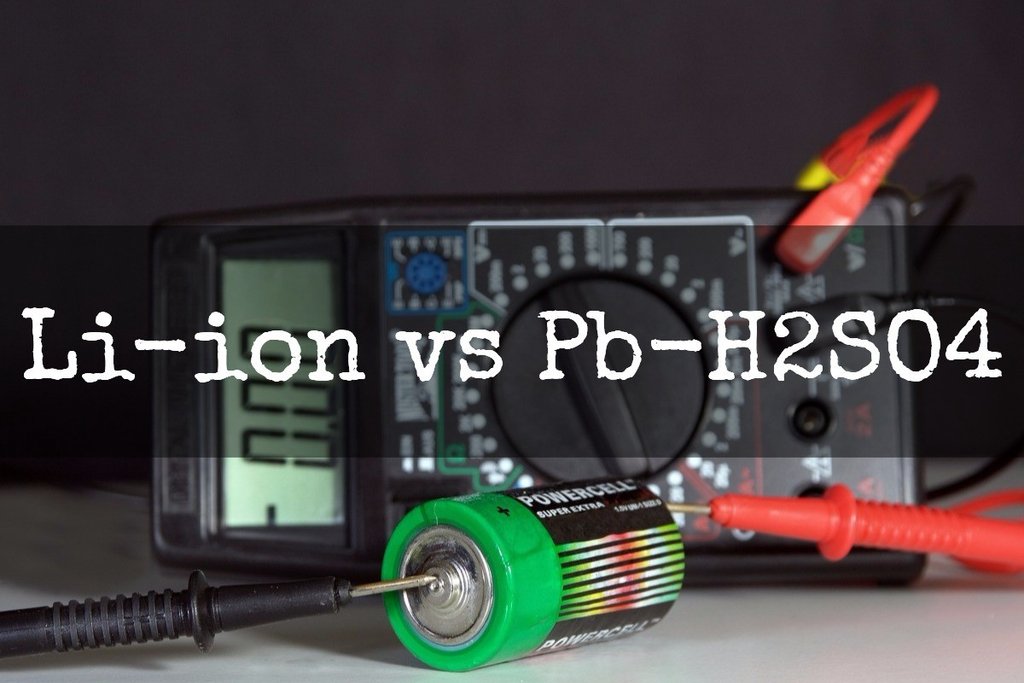Summary: There have been questions surrounding how lithium-ion batteries perform over standard lead acid batteries.
Recently, companies have gained traction while using the newer lithium-ion batteries, while moving away from the tried and true lead acid batteries. People are questioning why we would disrupt the decades old technology, that works just fine, to take the risk with lithium-ion. Here are a few reasons.
- Weight
Lithium-ion batteries are about one third of the weight and density of lead acid batteries.
- Cycle Life
Rechargeable lead acid batteries cycle anywhere between 400-500 times; whereas, lithium-ion batteries can cycle 5000 times or more.
- Voltage
While lithium-ion batteries maintain their voltage during their discharge cycles, lead acid batteries drop their voltage consistently throughout their discharge cycles. This enables the lithium-ion batteries to have longer lasting efficiency.
- Cost
Lithium-ion batteries cost more up-front, than lead acid batteries. But this amount is predicted to decrease as lithium-ion becomes more mainstream, and when you consider the performance level and life span of the lithium-ion batteries, their higher price is worth it.
Which Should You Choose?
Lead acid batteries are still significantly less expensive than lithium-ion. If maintained properly, they can perform at 80-90% efficiency. Though that level of maintenance may be difficult to achieve. They do power the same applications as lithium-ion batteries, however.
The newcomer, lithium-ion batteries, has been used for portable and handheld solar power systems for years. Their technology has improved to now be used in larger scale systems. So, if you are a believer in trying out new technology, and have the capital available, maybe try out lithium-ion batteries for your next solar energy system.

